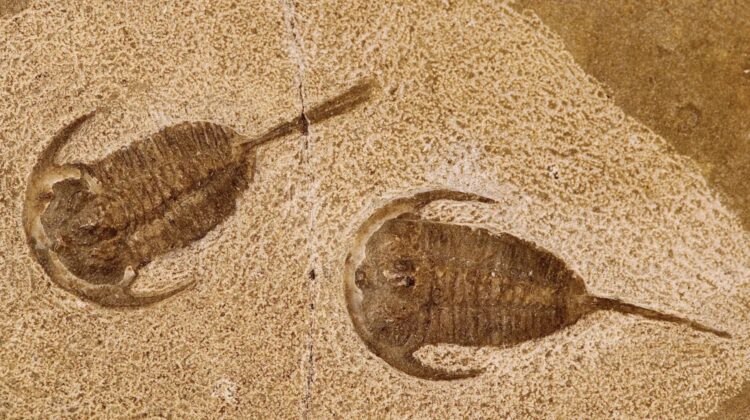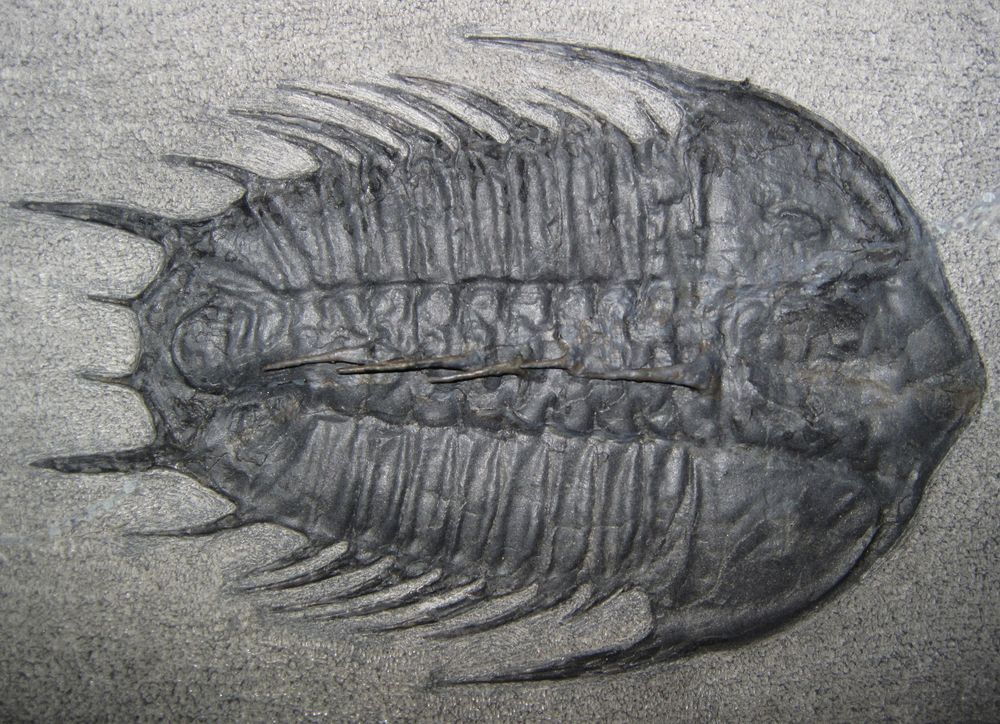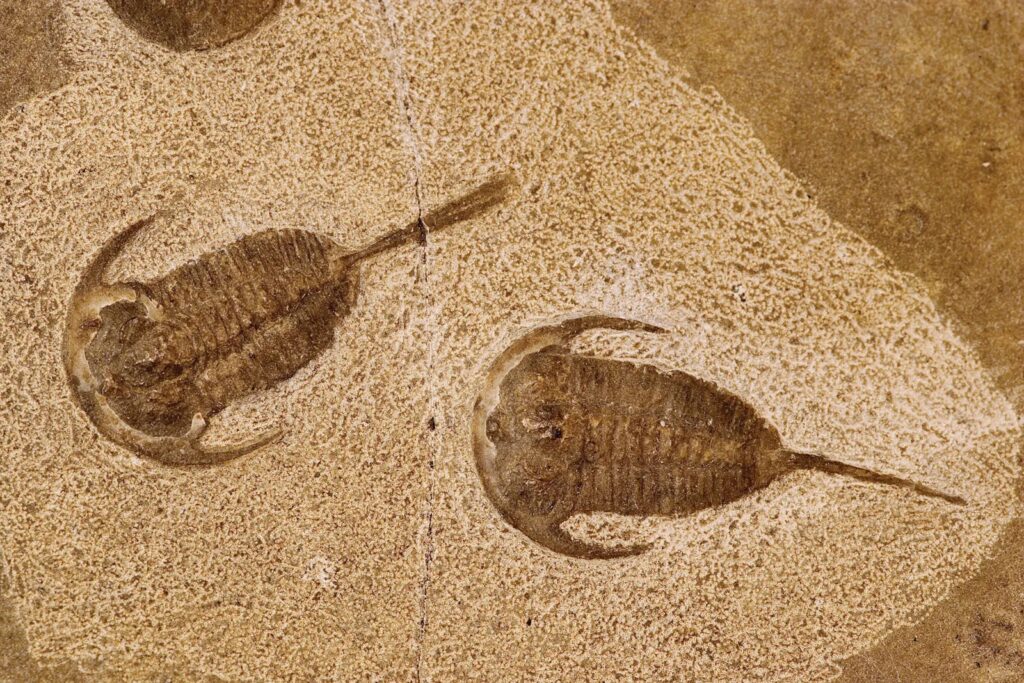
Trilobites were an incredible group of marine animals that first appeared at the beginning of the Cambrian Period, about 542 million years ago. These creatures dominated the seas for millions of years and left behind an incredible fossil record that provides insights into the evolution of life on Earth.
The name “trilobite” comes from the three lobes that run the length of the animal’s body. They had a hard exoskeleton that protected them from predators and provided support for their bodies. Trilobites were incredibly diverse, with over 20,000 species known to exist.

Trilobites were exclusively marine animals and were found in all types of marine environments, from shallow seas to deep ocean trenches. They ranged in size from a few millimeters to over 70 centimeters in length. Their bodies were divided into three parts: the cephalon (head), the thorax (body), and the pygidium (tail).
One of the most interesting features of trilobites is their eyes. They had compound eyes, similar to those of modern insects, which allowed them to see in all directions. Some trilobites even had eyes that were adapted for low-light conditions, suggesting that they were active at night.
Trilobites were an incredibly successful group of animals, and their fossils are found all over the world. They went through several mass extinctions, but the last of these occurred during the end-Permian extinction, which wiped out over 90% of all marine life.
The fossil record of trilobites is incredibly important for understanding the evolution of life on Earth. Their fossils provide evidence of the earliest complex animal life and allow us to study the development of complex features, such as eyes and exoskeletons.

In conclusion, trilobites were an incredible group of marine animals that dominated the seas for millions of years. Their fossils provide a window into the past, allowing us to study the evolution of complex life on Earth. Even though they went extinct over 250 million years ago, their legacy lives on in the fossil record, inspiring scientists and enthusiasts alike.

Amazing…I found a small one once in a piece of shale…totally changed the way I saw the world.